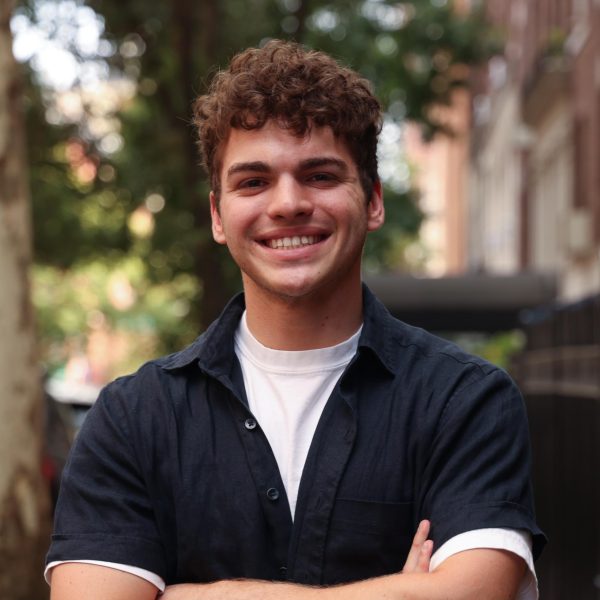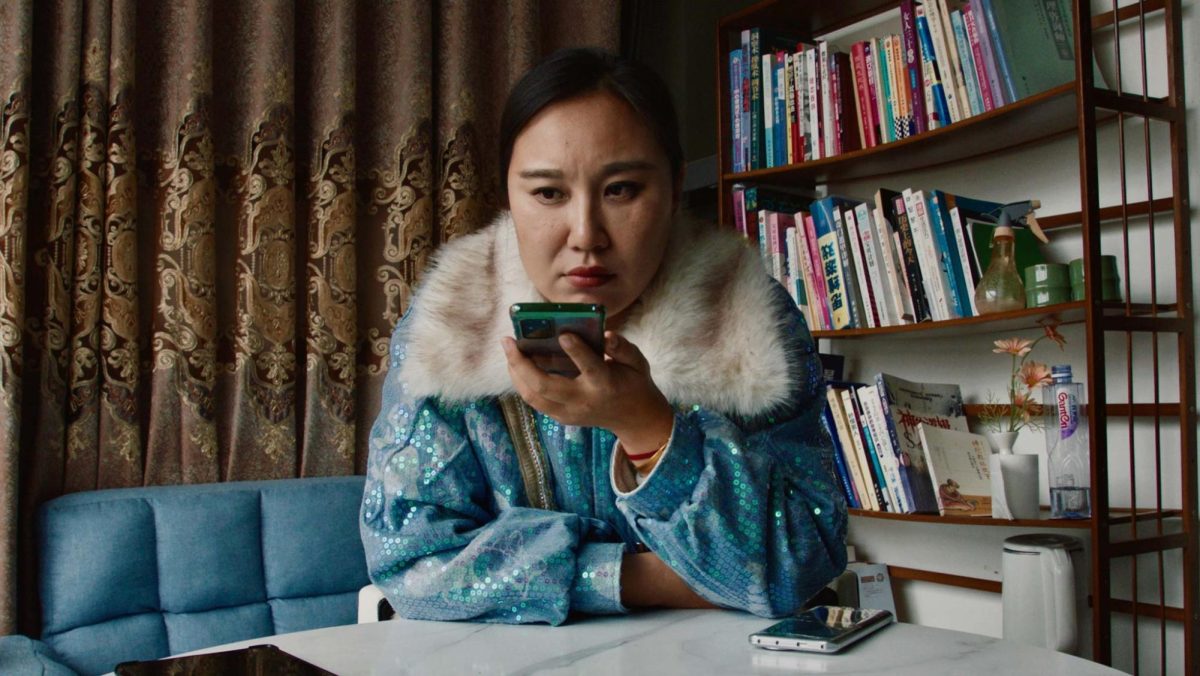NYU runs on union power
Under the Arch
NYU runs on union power
How faculty have used the art of unity to make their voices heard for more than 20 years.
Ananya Tirumala, Contributing Writer | October 23, 2025

Think about your favorite professors — passionate, committed to their field of study and driven by a hypnotic fascination with everything they jot down on the whiteboard. For hundreds of NYU faculty members, however, professorship is unsustainable without the backing of a union — especially as the future of research and higher education grows uncertain.
Does the value of academia diminish when professors have to bargain for a livable wage? Such positions should promise job security and academic freedom, not fear and instability. As an employer of nearly 20,000 people, from professors and administrators to safety officers and dining hall employees, NYU has a lengthy chronicle of on-campus unions — several of which have put themselves on the map by setting legal precedents and breaking national records.
CFU-UAW
If you’ve seen a union rally around campus recently, chances are it was held by Contract Faculty United — NYU’s youngest faculty union. The university’s contract faculty began organizing in 2017 and officially formed the union in 2020, calling for stronger job security and salaries that support New York City’s ever-rising rent.
Though union organizing slowed during the COVID-19 pandemic, CFU earned recognition from NYU in February 2024, allowing them to begin bargaining with administrators. Now, CFU is the largest union for full-time, untenured faculty at any major U.S. private university, currently representing nearly 1,000 professors.
Currently creating their first contract, a group of union members attend bargaining sessions every few weeks, where their proposals are either countered or passed. Over the past year of bargaining, faculty have advocated for guaranteed job security, better health care benefits and higher raises. They are also working towards a policy that would alleviate the need to reapply for their positions every two to three years given strong performance.
“It’s time for change,” CFU member and Liberal Studies clinical professor Carley Moore told WSN. “I believe the university knows this, so I feel very confident that we will succeed.”
Over the past several months, the union has focused on bolstering protections for international faculty amid a federal crackdown on immigration, urging NYU to sponsor professors’ visas. Union members have also called for more protected academic freedom, citing widespread concern that the content of their classes could make them vulnerable to a national overhaul of higher education.
“Universities need to protect faculty and students from persecution by the federal government,” Moore said.

GSOC-UAW Local 2110
Though graduate student workers at public schools began organizing in the late 1960s, private universities were slow to catch up — and it wasn’t until 1998 that graduate workers at NYU created a formal union. The Graduate Student Organizing Committee received federal approval around two years later, making NYU the first U.S. private university to recognize a graduate student union.
GSOC arranged its first contract with the university in the years following, which focused on employee benefits and compensation for work done outside of class hours. However, a 2004 court decision struck down students’ ability to bargain with universities, preventing the group’s contract from being reinstated after it expired in 2005.
After a monthslong strike and several protests, the graduate student union began petitioning again in 2009 and gained recognition from NYU in 2013. Two years later, the union and university settled on a second contract — one that included a 100% pay raise and 90% subsidized health care, among other agreements.
The union has since gained national recognition, with its current contract, established in 2021, garnering support from Democratic Sen. Bernie Sanders, Mayor Eric Adams and several other local politicians. The contract stipulates retroactive wages, vacation pay for hourly workers and bonuses for employees with semester-based salaries.
GSOC member and CAS adjunct professor Benjamin Gaillard-Garrido told WSN that over the past year, the union prioritized protecting political speech and supporting students who faced disciplinary action after protesting. He said that ahead of the next bargaining session, GSOC aims to reaffirm students’ rights to university spaces.
“This is where we work, and it should not be a hostile environment as it has been and still is for so many of our members,” Gaillard-Garrido said. “We will ensure that political dissent remains enshrined as a right and that non-citizen students are protected by the university instead of being thrown as fodder to the whims and appetites of this administration.”
ACT-UAW Local 7902
Drawing from GSOC’s early successes, a group of adjunct faculty at NYU petitioned to form a union in the early 2000s. The union began bargaining after earning recognition in 2002, becoming one of the first of its kind at a private university.
The union settled on its first contract in 2004, and a few months later, expanded to include adjunct faculty at The New School. It initially focused on securing health care for faculty members, who said they were unable to afford coverage despite teaching up to six classes each year.
Despite consistent bargaining over the past two decades, adjunct faculty union members continue to call for more sustainable working conditions. The union recently petitioned to amend its contract to include partially paid family leave, modeling the proposal after state law and neighboring universities’ policies.
CFU member and CAS clinical professor Elisabeth Fay said that for all non-tenured faculty — nearly two-thirds of professors — federal efforts to dismantle higher education have created “a more intensely scary time.” She said that by supporting unions, NYU can both protect its faculty and improve its quality of education.
“Our working conditions affect us, but they also affect students,” Fay said. “They affect the classes that you take, the conditions in which you learn — in a workplace like NYU, everybody’s fates are kind of connected, right?”
Contact Ananya Tirumala at [email protected].

Alex Woodworth is a sophomore studying public policy and economics. When not taking photos, you can find him at a Yankees game, searching for the best...
























































































































































